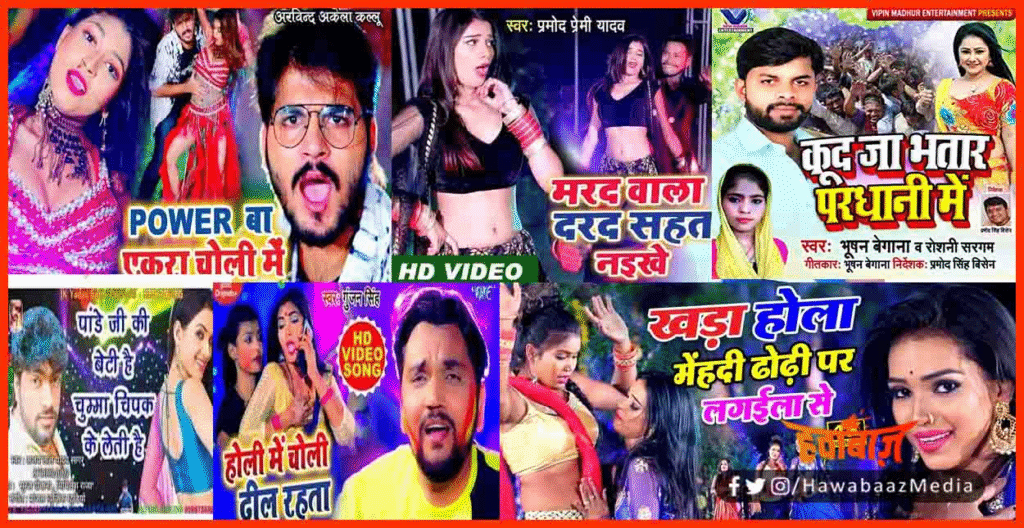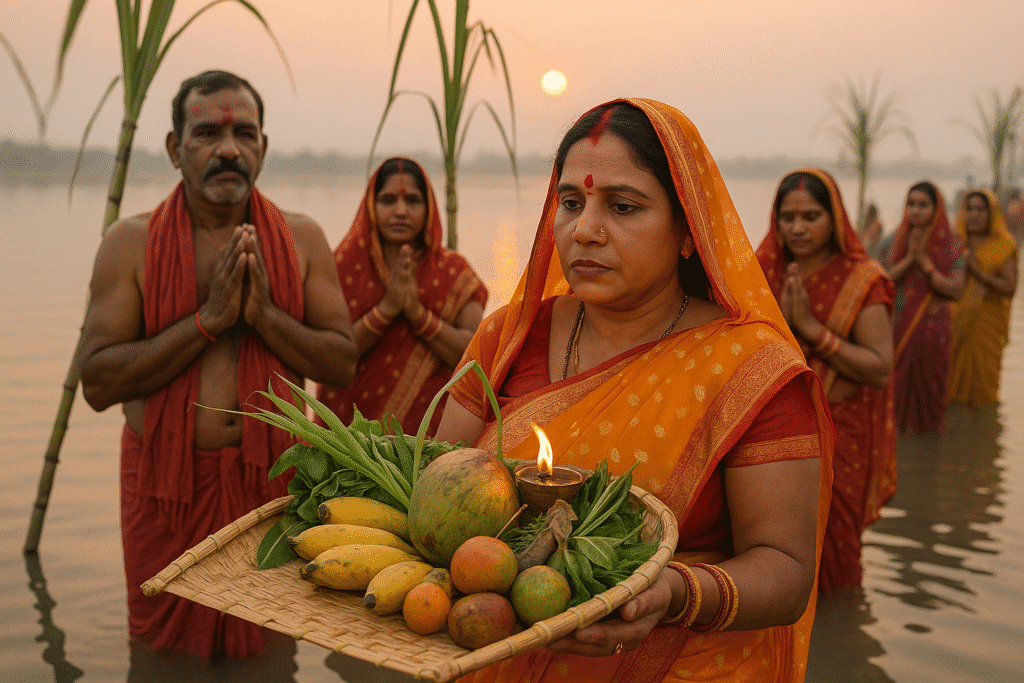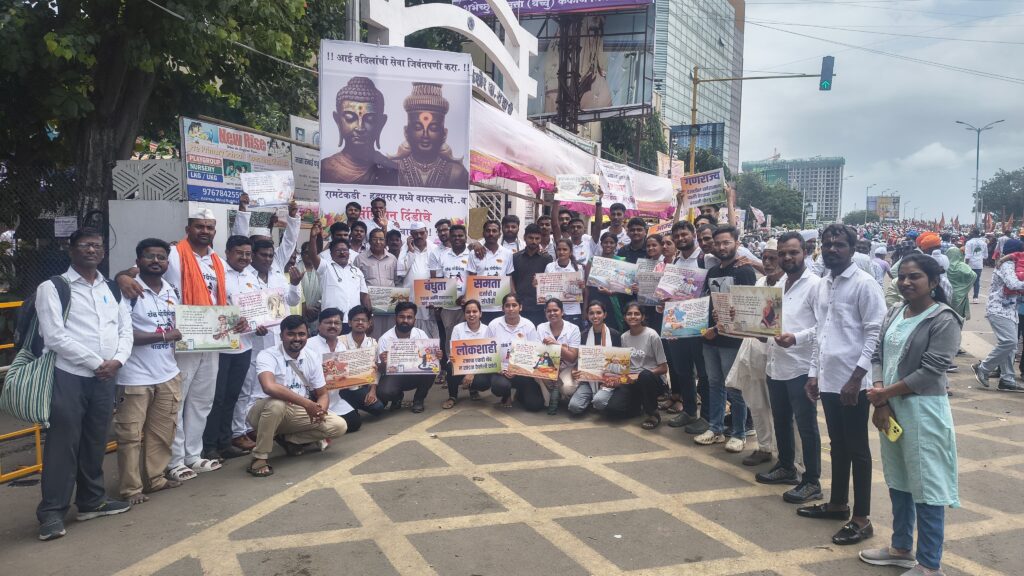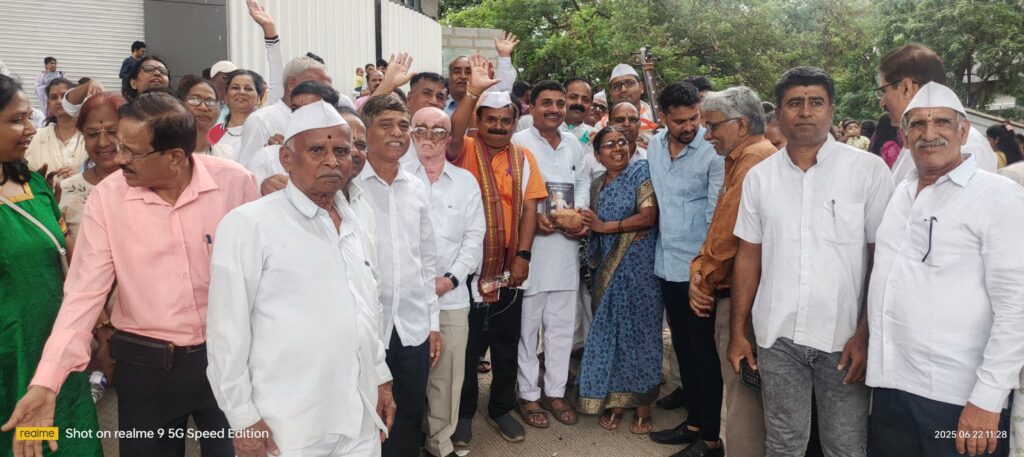Nikita Rai, Mumbai | 19 August 2025
From viral reels to political neglect, Bhojpuri battles for respect and recognition. A language loved in songs, mocked in life, and denied in politics. Bhojpuri is everywhere. In Bollywood item numbers, on YouTube folk hits, in bustling railway stations where migrants call home. But politically, it lives in the shadows. For decades, leaders have promised its recognition, especially during elections, only for the issue to fade afterward. Linguists argue that Bhojpuri’s omission is not due to lack of speakers, but because of social hierarchies and perceptions. “It’s often dismissed as a dialect of Hindi, but that’s a political decision, not a linguistic fact,” says Satish Rai, a journalist from Assam.
A Stigma That Sticks
For decades, Bhojpuri has been trapped in an image it never asked for, shaped by the commercial film and music industry, where cheap lyrics and hypersexualised visuals rake in profits. The result? A language with centuries of poetry, folk songs, and oral traditions is now, in many minds, reduced to a punchline or a “vulgar” soundtrack.
Ask any Bhojpuri speaker in a metro city, and you’ll hear the same story, people smirk when they mention their mother tongue. “This isn’t just ignorance; it’s an insult to the language,” says Rai. “It’s like judging Hindi only by Bollywood item numbers.” This stereotype makes it even harder to fight for recognition. Political leaders can dismiss Bhojpuri’s dignity by pointing to the very caricature that the commercial market has created.
The irony is bitter. Bhojpuri music racks up millions of YouTube views, yet the very language is dismissed as “crude” or “low-class” in elite spaces.
The Politics Behind the Silence
Despite being spoken by over 50 million people across Bihar, Uttar Pradesh, and among diaspora communities in Mauritius, Fiji, and the Caribbean, Bhojpuri still awaits its place in the Eighth Schedule of the Indian Constitution. The absence of Bhojpuri in the Eighth Schedule means no dedicated funding for its promotion in education, literature, or broadcasting. Activists say this invisibility is by design. Recognition means resources, and resources mean power.
During the 2019 elections, several political parties included Bhojpuri recognition in their manifestos. Yet, no concrete action followed. Language politics in India is not just about culture; it’s about vote banks.
One Family’s Story
In the narrow lanes of Mira Road, Sunil Yadav, a rickshaw puller, returns home after a long day. His 10-year-old daughter, Pooja, greets him in crisp Hindi. “She speaks Bhojpuri only with her grandparents,” Sunil admits. “At school, she’s told to ‘speak properly.’”
This subtle policing of language shapes identity over time. Pooja hesitates to use Bhojpuri outside her home, fearing it will mark her as “less educated”, a bias that many young Bhojpuri speakers face in urban spaces.
The Hypocrisy of Virality

Today, every other viral reel on Instagram is a Bhojpuri song. Remixed beats, catchy choruses, and lip-sync videos. Even people who don’t speak the language are dancing to them, often without knowing the meaning of the lyrics. Songs like ‘Lollipop Lagelu’ get millions of plays, becoming meme material and pop-culture earworms.
Yet, the same audiences who enjoy these beats often sneer at Bhojpuri in everyday life, dismissing it as “cheap” or “backward.” The language is welcomed only when it is entertaining, exaggerated, or meme-able, not when it speaks of literature, theatre, or grassroots struggles. This selective acceptance has turned Bhojpuri into a consumable trend, stripped of its cultural depth.
The Bhojpuri Bachao Andolan (Save Bhojpuri Movement)
In recent years, the Bhojpuri Bachao Andolan has emerged as a cultural resistance movement, led most visibly by folk singer Neha Singh Rathore. Known for her sharp political ballads and soulful Chhath geets, Rathore is vocal about reclaiming Bhojpuri from the grip of vulgarity peddled by the commercial music industry. Her songs, rooted in village life, women’s voices, and festival traditions, challenge the perception that Bhojpuri is only fit for double-meaning lyrics.

The Road Ahead
The demand for Bhojpuri’s dignity is not just a cultural plea, it’s a political one. Recognition in the Eighth Schedule is a crucial first step. Not just for prestige, but for policy: public broadcasting in Bhojpuri, and cultural preservation funds. It would mean the language is not just sung at weddings or mocked in memes, but taught, archived, and celebrated.
But change cannot be driven by legislation alone. The community must reclaim the language in its everyday use, not just in songs and jokes. Artists need to push boundaries with content that reflects Bhojpuri’s diversity, from folk theatre to contemporary cinema rooted in realism, not cheap thrills. Until Bhojpuri finds space in boardrooms and universities, it will remain at the mercy of commercial cinema’s vulgar cliches.
Social media, ironically, can be an ally here. The same platforms that spread meme songs can amplify poets, playwrights, and activists if the audience demands it. The future of Bhojpuri will depend on whether it remains a caricature for entertainment or becomes a respected voice in India’s cultural landscape.
Nikita Rai is a Mumbai-based journalist and writer who explores issues of language, culture, and identity in contemporary India.




So well written! A language survives through the courage of its speakers. Bhojpuri will thrive only if its native speakers embrace it with pride, no matter what society thinks. Every word spoken in Bhojpuri is a step toward keeping the language alive.